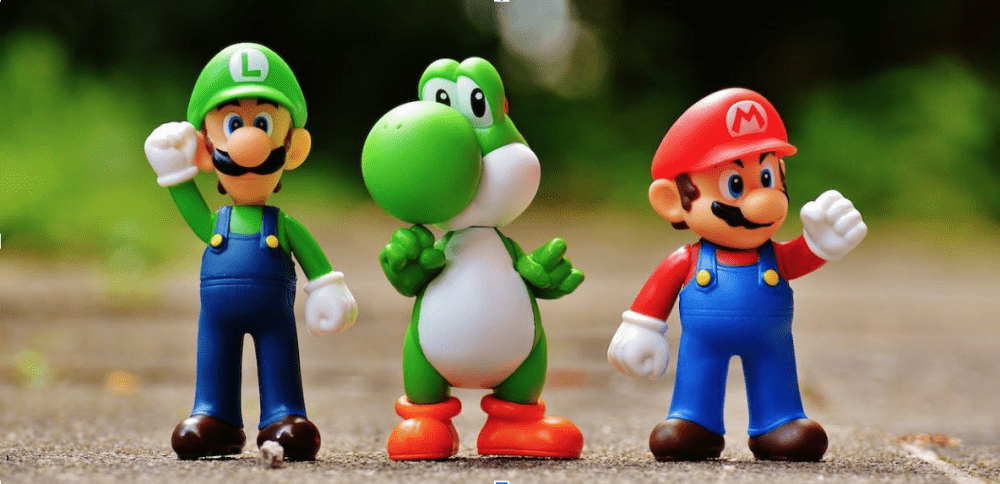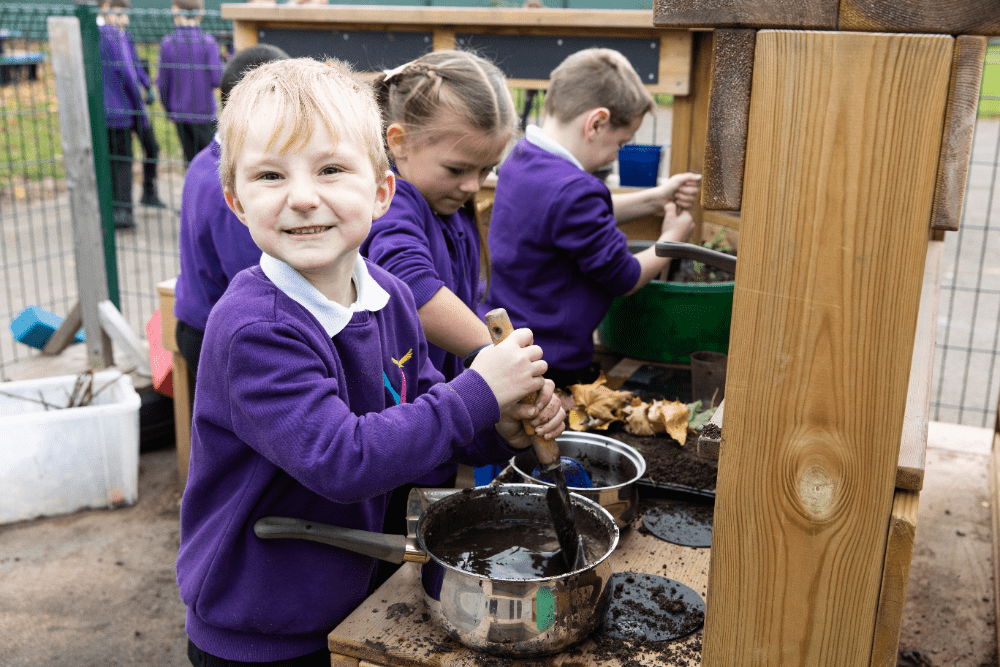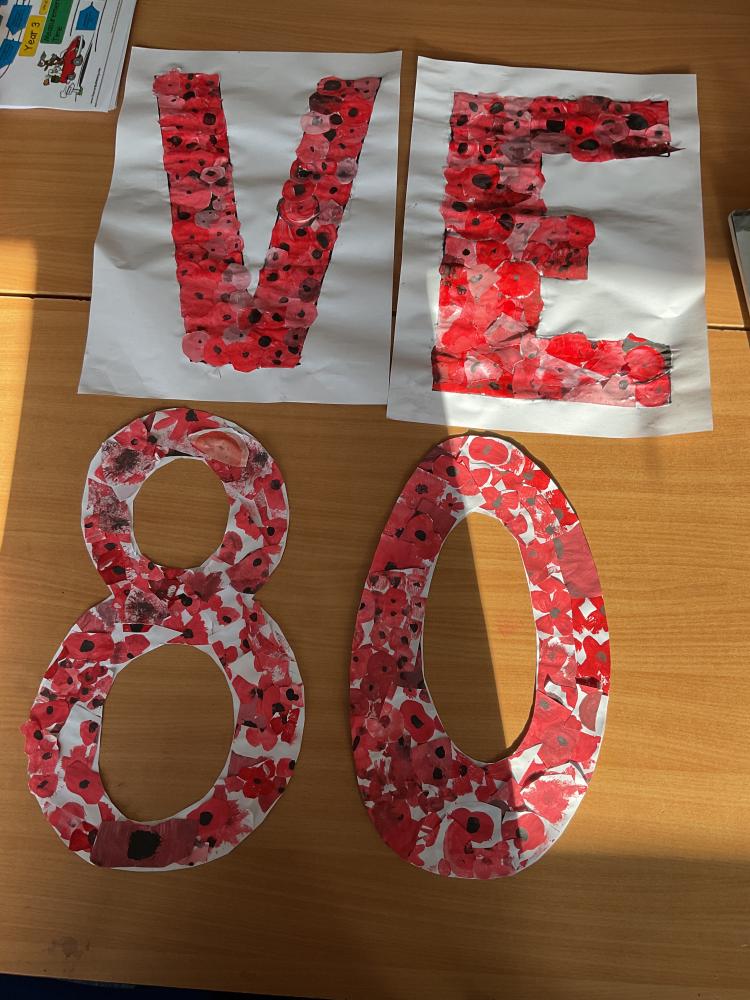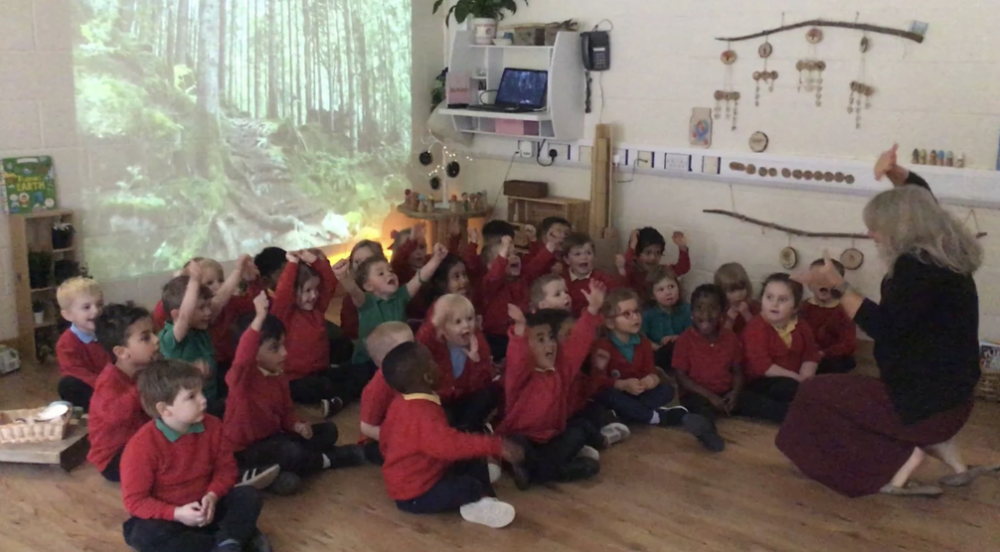Mathematics seems to be a difficult science for many people, especially for children. They are just starting to learn numbers, addition and subtraction so it is important to show them the wonderful world of mathematics as something fun and interesting. Not every teacher knows how to find the right approach to a child, especially if there are about 30 students in his class. Each of them is a unique personality that has its own ability to perceive new information.
Of course, there is a standard school curriculum that is introduced in many schools. But there is also an adaptive learning of mathematics which consists of a game approach. And it showed more positive results. Many modern education systems are leading an alternative approach because they see its achievements. All parents want to see the success of their children, so they use a playful approach in any environment to explain mathematics to the child on simple everyday things.
5 Fun Games to Learn Maths
Many curricula have begun to introduce a game form of teaching mathematics and this has become an effective method to keep students interested. Even the youngest groups are showing more improved test scores so you should try this as well. Children are better at absorbing new information if they are interested and enthusiastic. Try these 5 fun games and improve your students' math knowledge.
1. Bingo in mathematics. First you need to make 25 pieces of paper with mathematical problems. It will be like a regular bingo game but with a math twist. The answers to the tasks will be on the same sheet of paper. You can create your own task papers or find help online to generate one. Each student must find the correct answer and connect it. You can make the answers on separate cards so that the children simply lay down the cards with the answer to the correct problem. This will allow you to use the game many times.
2. Guess the weight of the item. You need to choose a few different things. It can be a box, a keyboard, a glass, whatever you find nearby. You also need to find a scale to weigh each item and record its weight on a card. It's best to find as many things as you have students so they don't get bored. Ask each student to choose an item, pick it up and determine the weight. Now the student must choose a card with the weight he has determined. Let the student weigh the item on their own to find out the actual weight. This game is very interesting especially for elementary school.
3. Calculator on the pavement. This is a great opportunity to spend time outdoors on a warm sunny day. Children love to play in the yard, so it will be easier for you to get them interested in learning math. You need chalk and smooth asphalt to draw a calculator. Now line up the children and take turns asking them a simple math problem. For example, 4+3. The student needs to jump on each symbol of the problem, that is, first on 4, then on +, then 3 and then jump on the answer 7. It will be exciting. Try not to draw too large cells so that children can jump from numbers to symbols without difficulty.
4. Look for similarities. You need to prepare different things but half of them should have the same pair in length. If the children have not yet learned the measurement system, then this will be a good start. Students must choose one item at a time and find another item with the same length. Such a game can be moved to the yard because there you can cook more suitable things. But you can also play in the classroom using rulers, crayons, pencil cases, cards, paper, and so on. Make sure that all things are in the same room and in a conspicuous place. Children love to explore and search for everything, but it is better to make all things visible.
5. Ask and draw. Each student should prepare a question for the other. It can be a question about your favorite dish, toy, animal, cartoon. Each answer must be written down on paper. The children should then draw a graph of their responses to show you the chart. This will allow them to analyze the responses and build them in the correct order according to the number of responses from their classmates. You can send the best graphics to the wall by preparing a collage.
Observe children's behavior while learning math. Not everyone loves this science, so it will be easier for them to switch to a game form. Find out what game they like best and what they want to explore further. Each student has his own needs and abilities, so it is easier for them to work in a team if they do not want to stand out in their knowledge from their classmates. By playing games, teachers can better understand the behavior of the student and the level of his knowledge. This will help identify the strengths and weaknesses of each child.
Other games as tutorial
There are alternative learning methods using games. For example, eSM offers amazing adaptive games that are ideal for preschoolers and elementary students. We have selected 3 exciting games that will be of interest to children both at home and at school.
- Build your robot. On the top right you have a task (number). It's a whole robot. Your task is to connect the body-number and the head-number to get the number in the problem. Choose from the bodies and heads below to assemble the robot and get the number on the right.
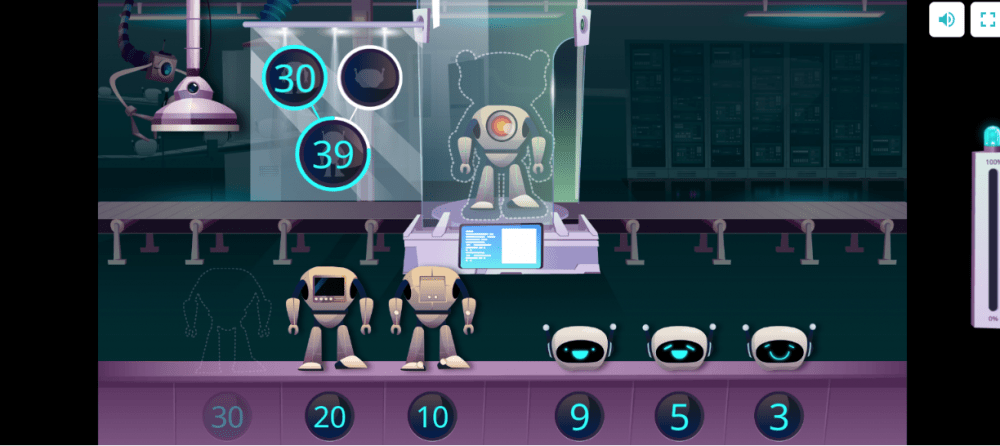
- Bar model scale. Your task is to balance the scale, that is, select the desired number and insert it into the form so that it complements the already existing number and their sum is equal to the number on the other side of the scale. Choose the missing number from the suggestions below.
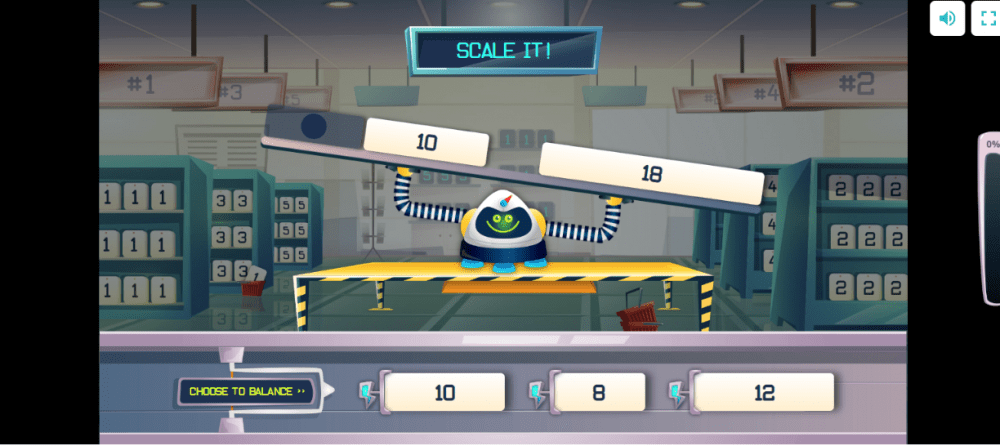
- Math soccer. Score a goal to the robot with the correct solution of the problem. There is a number above the robot's head; you need to choose the correct combination below to score a goal for the robot. The complexity of the task grows on the scale on the right, this is your success.
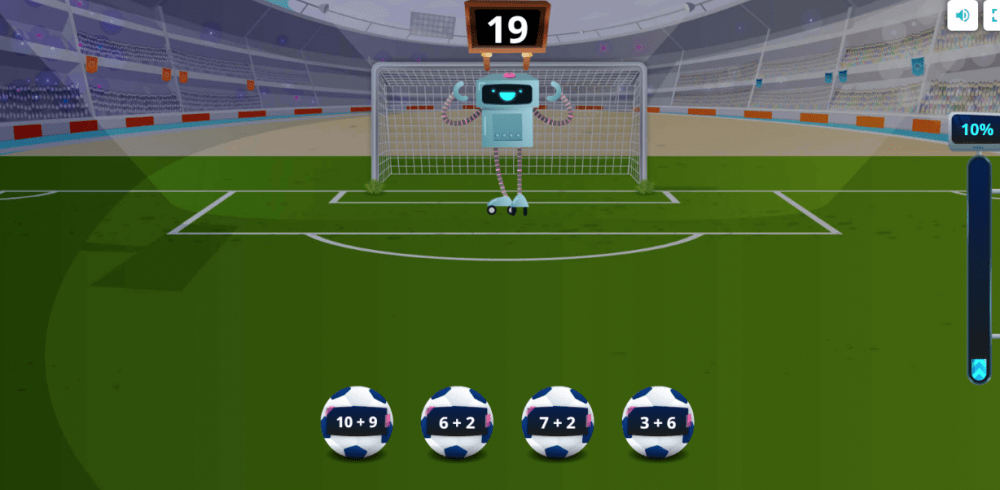
Conclusion
Any games used for learning will be a good method to approach each child. The above games can be applied not only in the classroom but also at home in the yard. Gather the children and discuss the terms of the game with the parents. Children on the playground can learn more easily because they are little known and are not afraid to appear stupid in the eyes of their peers. Also, general games will help children to communicate and find new friends with common topics for discussion. You can learn anytime and anywhere, it is important to pay enough attention so that your child does not look at mathematics as a scary beast. Show children that mathematics is an entertaining science that opens up a new wonderful world.

